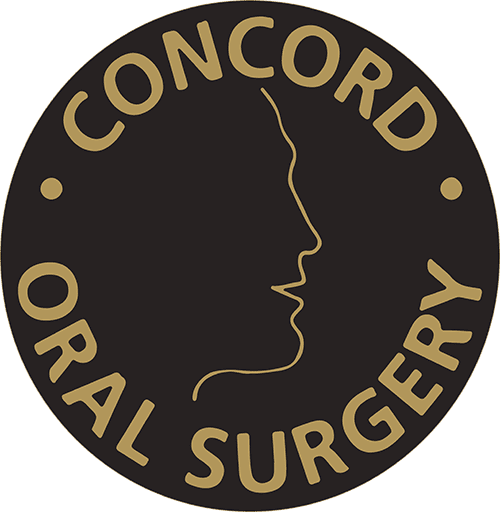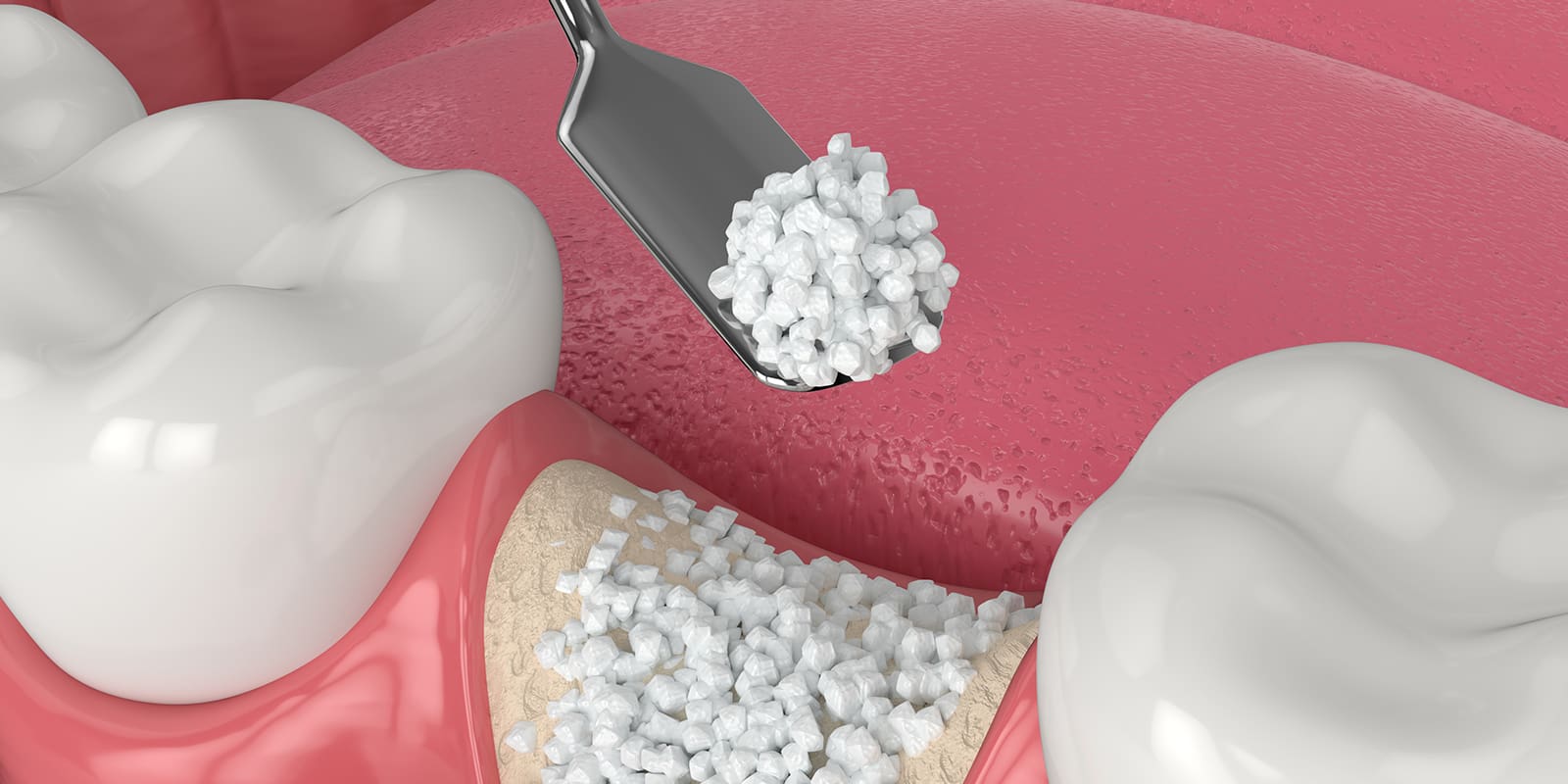Reviewed By Dr. Robert Barron, DMD
Reading Time: 4 minutes
A dental bone graft strengthens your jawbone, creating a stable base for dental implants.
This surgical procedure is essential if bone loss has compromised the structure of your jaw, making it difficult to support implants or maintain oral health. It plays a significant role in restoring your facial structure and overall oral functionality.
In this blog, we will discuss the benefits of dental bone grafts and why they are an important part of restorative dentistry.
Table of Contents
Key Takeaway
Dental bone grafts restore bone density, improve implant success rates, and prevent further bone loss. They create a stable foundation for implants, preserve facial structure, and improve oral health and confidence.
What Is a Dental Bone Graft?
A dental bone graft involves adding bone or a substitute material to areas of the jaw where bone loss has occurred.
This process helps restore bone density, ensuring a healthy foundation for dental implants. By stimulating new bone growth, it improves long-term stability for restorative treatments.
Types of Dental Bone Graft Material
Several materials can be used for dental bone grafting:
- Autografts: Bone from your body, often considered the gold standard because it is highly compatible and promotes efficient bone growth.
- Allografts: Bone from a human donor that has been processed and sterilized to ensure safety and effectiveness.
- Xenografts: Bone from animal sources, typically bovine, which provides a sturdy framework for bone regeneration.
- Synthetic materials: Artificial substitutes designed for bone regeneration, offering flexibility and convenience in many cases.
Your oral surgeon will guide you in choosing the most suitable material for your needs.
Why Is a Dental Bone Graft Needed?
Without a solid foundation, dental implants may fail.
A dental bone graft restores bone mass and provides the support needed for successful implant placement. It also prevents further deterioration, safeguarding your long-term oral health.
Bone loss in the jaw can result from:
- Tooth loss: Missing teeth can lead to jawbone deterioration over time as the bone no longer receives stimulation from chewing.
- Gum disease: Periodontal disease erodes the bone supporting your teeth, leading to significant structural damage.
- Injury or trauma: Damage to the jaw from accidents or fractures can cause bone atrophy over time.
- Natural aging: Bone density naturally decreases with age, particularly when oral health is neglected.
Is a Bone Graft Always Necessary?
Not everyone requires a dental bone graft before getting implants.
If your jawbone has sufficient density and volume, your oral surgeon may proceed directly with implant placement. Diagnostic imaging, such as X-rays or CT scans, helps determine whether a graft is necessary.
In cases where the bone is naturally robust or preserved through previous treatments like socket preservation during tooth extractions, bone grafting may not be required.
Dental Bone Graft and Implant Timeline
If you require a bone graft, it may lengthen the process of getting dental implants. Here’s what you can expect:
- Bone graft surgery: Healing begins immediately, though results depend on the graft material and extent of bone loss.
- Healing period: Typically takes 3 to 6 months, allowing new bone to form and integrate with the existing jawbone. During this time, the graft material stimulates natural bone growth.
- Dental implant placement: Once the graft has healed, implants can be securely placed in the reinforced bone.
- Osseointegration: The implant fuses with your natural bone over several months, creating a stable base for the abutment and crown.
- Final restoration: The abutment and crown are added to complete your new tooth, restoring both function and aesthetics.
This process may take several months to a year, but it ensures a stable smile and long-lasting dental implant success.
Benefits of Dental Bone Grafts
- Restores bone density: Encourages bone growth and regeneration, critical for implant success.
- Improves implant success rate: Provides the necessary support for long-lasting implants.
- Maintains facial structure: Prevents the sunken appearance caused by bone loss.
- Promotes oral health: Stabilizes the jaw for better function, speech, and hygiene.
- Supports adjacent teeth: The added support from bone grafts prevent neighboring teeth from shifting and reduces the risk of further bone loss or tooth loss over time.
- Prevents further bone loss: By stimulating natural bone regeneration, it halts the progression of bone deterioration over time.
- Improves overall stability: A stronger jaw bone creates a more stable foundation for artificial teeth and reduces the risk of complications..
Concord Oral Surgery: Dental Implant Specialists in Vaughan, ON
If you are searching for an oral surgeon that specializes in dental bone grafts, look no further than Concord Oral Surgery.
Dr. Robert Barron specializes in dental bone grafts and implant solutions.
To book an appointment at our oral surgery clinic in Vaughan, ON, call (905) 669-2616 or complete the appointment request form to start your journey toward a strong and beautiful smile. We are located at 3300 Highway 7 West, Suite 805, Vaughan, ON.

